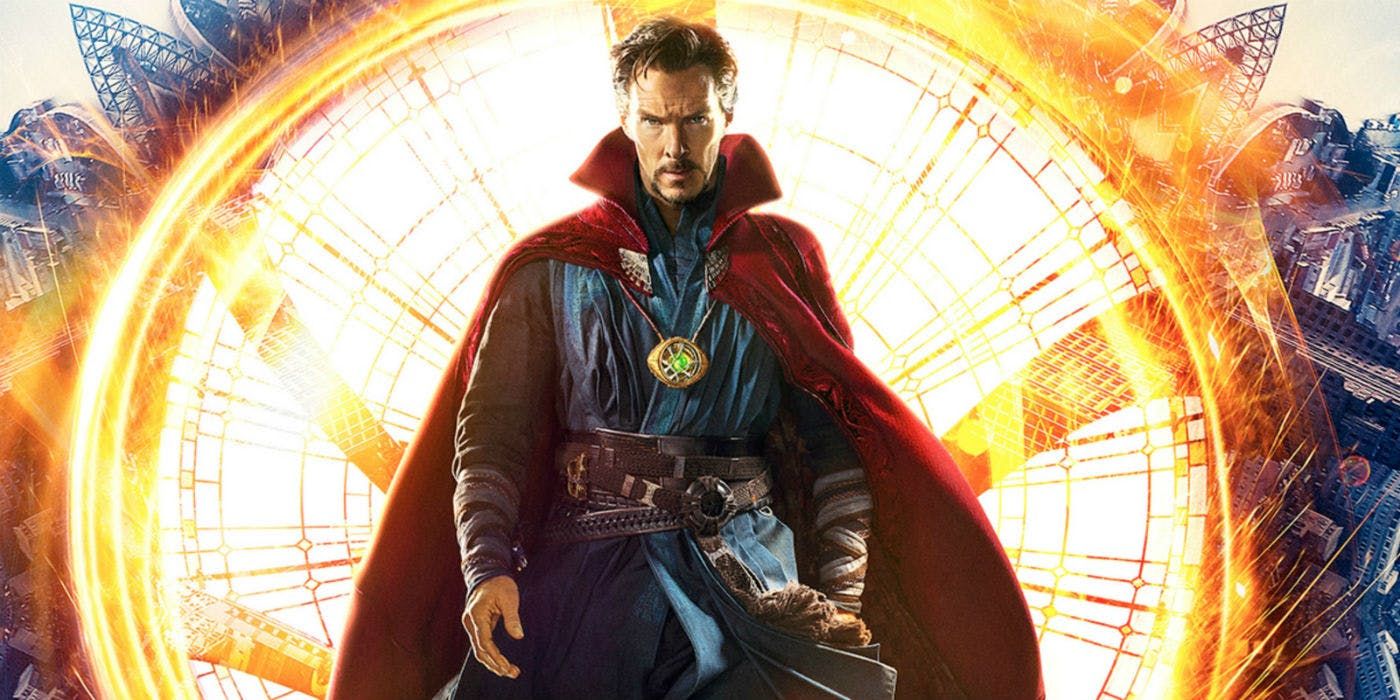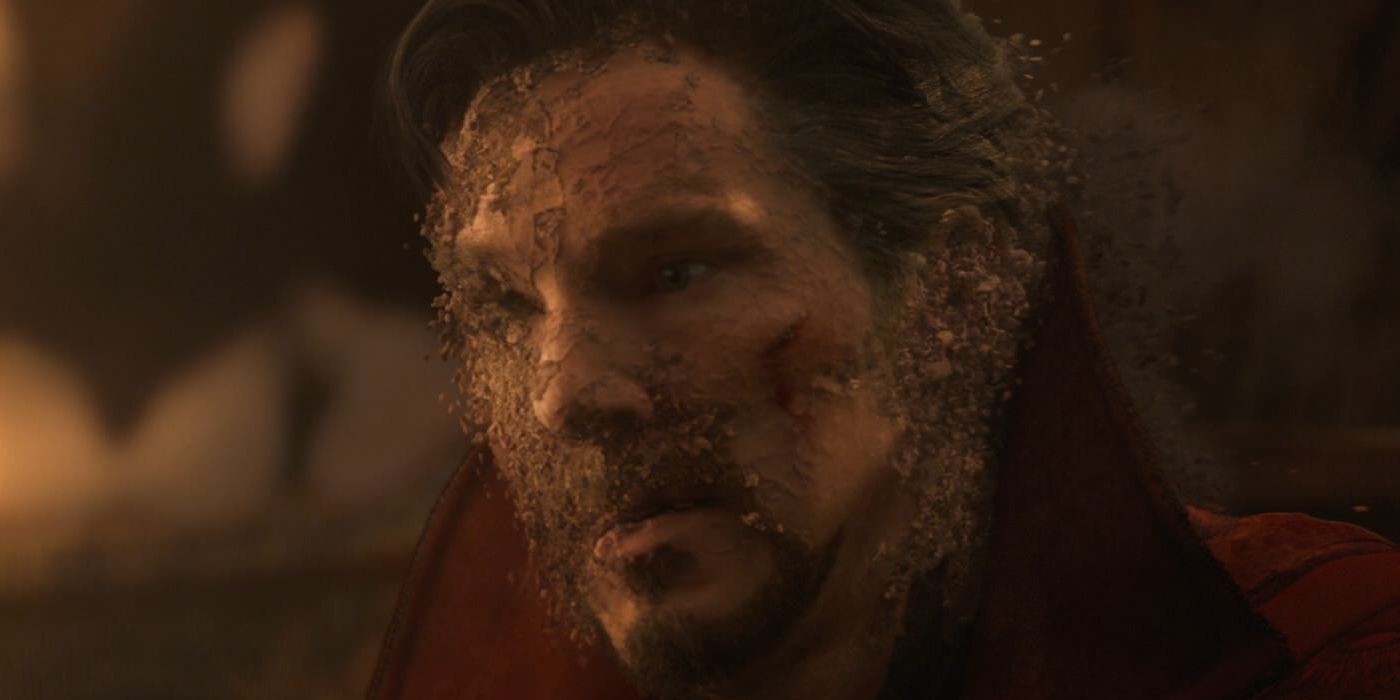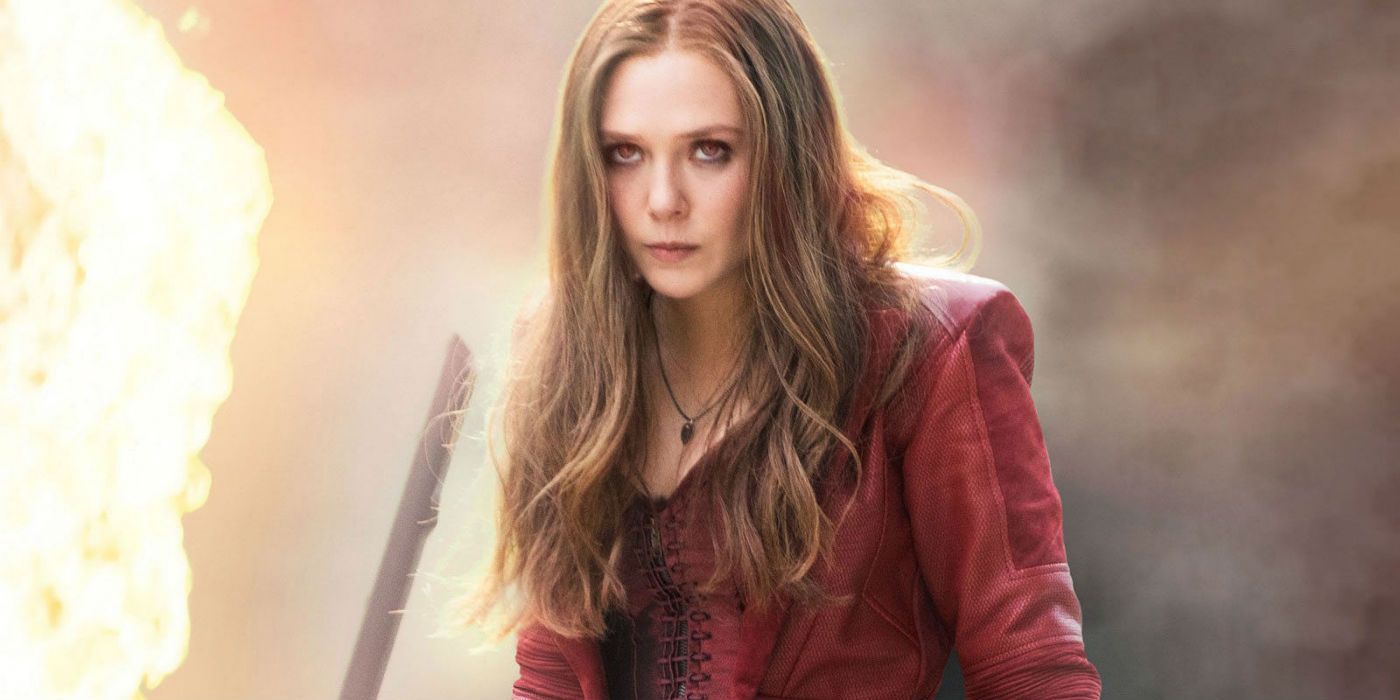
After plenty of anticipation, Marvel Studios has finally unveiled its surprising plans for Phase 4 of the Marvel Cinematic Universe. While a Doctor Strange sequel was always in the cards, the official announcement of the film's title, Doctor Strange in the Multiverse of Madness was wholly unexpected, as was the confirmation that Elizabeth Olsen's Wanda Maximoff, the Scarlet Witch, would appear in the movie.
Given the film's title, it seems like the sequel will finally deliver on the long-teased promise of exploring the MCU's Multiverse. The presence of multiple realities was already teased in both 2016's Doctor Strange and this summer's Spider-Man: Far From Home, but now it appears as if we will truly travel throughout multiple frightening universes.
However, that title doesn't just tease a trip through the Multiverse. While most people are focusing on the "Multiverse" aspect, could the inclusion of "Madness" be what's more important here? Since the film is confirmed to be the MCU's first forray into horror, what if the sequel's title is more literal than we think?

Other than the title and the presence of Scarlet Witch, there isn't much we know yet about Doctor Strange in the Multiverse of Madness' plot. Benedict Cumberbatch has said that his character will no longer be in a place of authority, and that the film will aim to try and destroy him, but it's not clear what that means. However, the Doctor Strange sequel could examine the direct fallout of Avengers: Infinity War and Endgame, on a personal, psychological level.
While the superheroes of the MCU felt crushed by the loss of Tony Stark, Doctor Strange experienced the defeat of the Avengers and the annihilation of everything 14 million 605 times. It might have happened off-screen in Infinity War, but the Doctor did travel through time to live through over 14 million futures where he experienced death, destruction, and the loss of everything he knows.
For us, it was condensed into mere seconds but for him, it was something that, possibly, lasted an untold number of years. The number of futures he saw is simply astronomical, and it could be something that takes its toll on Stephen Strange -- even for someone as powerful as him.

What's more, this could even tie back to the warning made by Baron Karl Mordo, back in the first Doctor Strange movie, "The bill comes due." As we know, magic always comes at a price, and the sequel could explore that idea by having Stephen Strange's falling into possible madness as he comes to grips with all of the horrific deaths he has seen in 14 million different futures.
Marvel has never shied away from examining the psychological fallout its big tentpole movies can have on characters. In fact, Iron Man 3 primarily dealt with Tony Stark's PTSD after flying through a wormhole in space in 2012's The Avengers. Captain America: The Winter Soldier showed Steve Rogers' struggle in adapting to modern times. The events of Avengers: Age of Ultron directly led to the rift in Civil War. Now, the events of Avengers: Endgame are no different. They had an effect on Peter Parker in Spider-Man: Far From Home, and they could continue to impact characters in the Doctor Strange sequel.
Sure, Stephen Strange already lived through his death countless times during his time loop battle with Dormammu, but the death of the universe, 14 million times over could be something else entirely. It could even affect Strange in ways he hadn't considered or foreseen -- much like Tony's battle with the Chitauri.

This psychological effect could also take into account the presence of the Scarlet Witch too. While the Scarlet Witch shares a link to the mystical side of the Marvel Universe with Strange, she could come into this movie for another, far more desperate reason: for treatment.
In the comic books, the Scarlet Witch is no stranger to mental breaks. In fact, one of those episodes even led to the creation of a new reality where mutants reign supreme. With that in mind, could a psychological parallel between Strange and the Scarlet Witch be explored in the Doctor Strange sequel?
Moreover, it's already been confirmed that Scarlet Witch's role in the film will be connected to the events of the Disney+ television series, WandaVision. While we don't know anything about the series yet, it's theorized that it might see Wanda create a new, alternate 1950s'-inspired reality where she lives a happy life with Paul Bettany's Vision. If that is the case, then perhaps this is part of her own mental break, and something that could tie into Stephen's own story in in the Muliverse of Madness.
Given director Scott Derrickson's comments about horror, all of these possibilities seem plausible. But since we have so little concrete information about the film right now, this is ultimately speculation about details we probably won't know for quite some time. By the time the film gets here, it may be something entirely different from what we expect.
Directed by Scott Derrickson, Doctor Strange in the Multiverse of Madness stars Benedict Cumberbatch and Elizabeth Olsen. The film hits theaters on May 7, 2021.
Add Comments